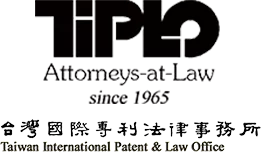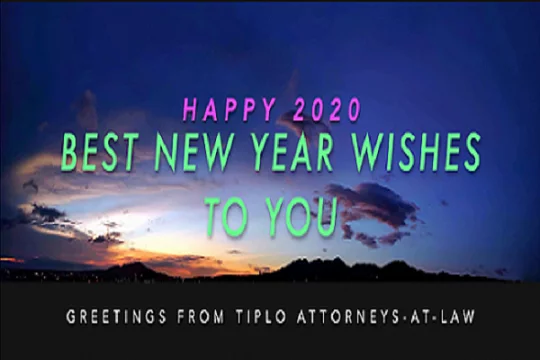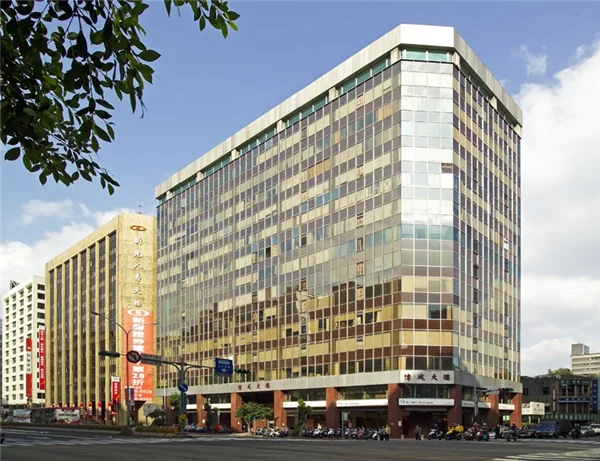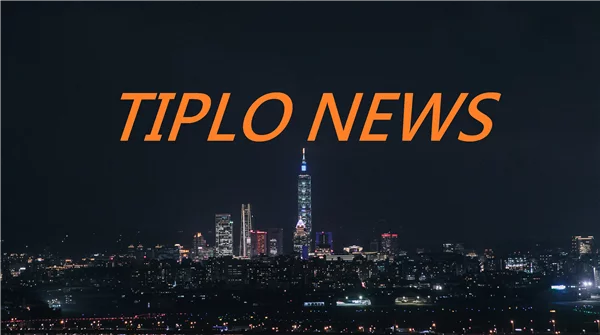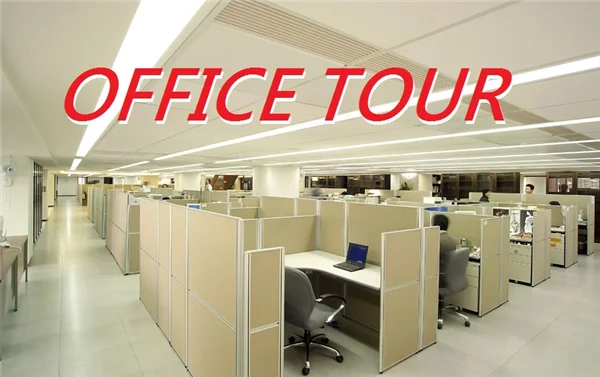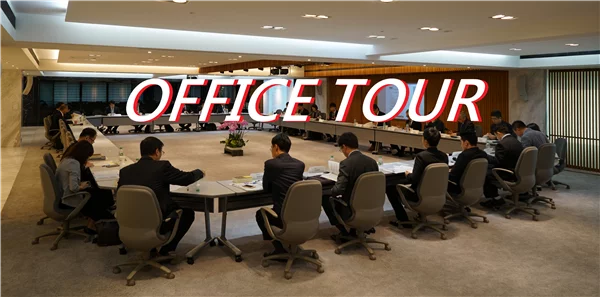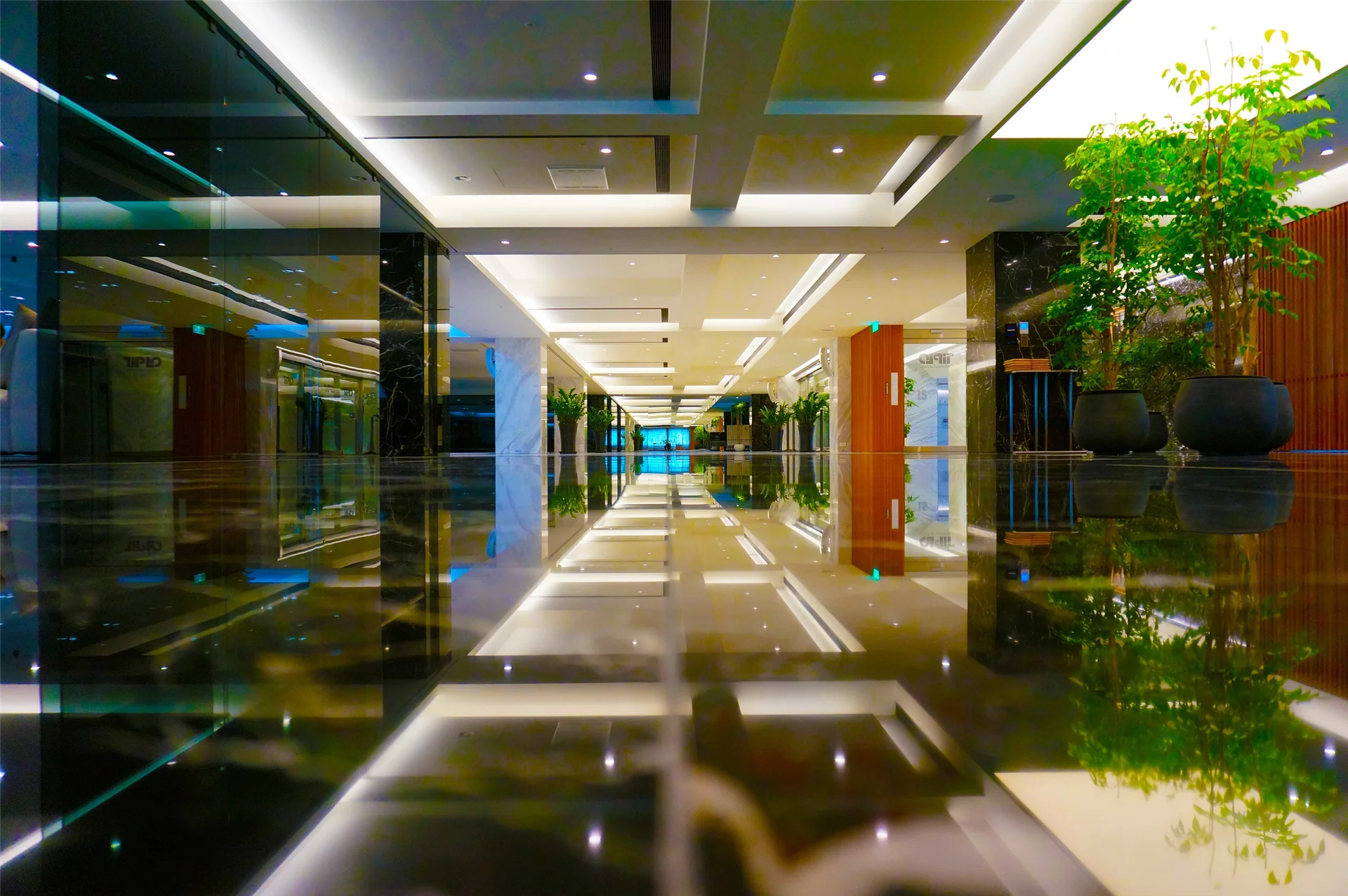Decriminalization of Public Rebroadcast—Only Civil Compensation Available to Copyright Holders.
E090805Y3 Sep. 2009(E118)
TIPO follows the footsteps of UN, China, Hong Kong, and Switzerland to decriminalize public rebroadcast of a copyrighted work. In the future, copyright holder can seek only civil compensation against the owner of any business place that publicly broadcasts or plays radio or television programs without obtaining prior authorization.
The act of rebroadcasting is the most common way of work exploitation. In Taiwan’s licensing practices, the licensing of first time broadcast of the content of a work (that is, the original public broadcast by a radio or TV station) does not cover rebroadcast of the same in business places, and thus the rebroadcaster would confront and should deal with all licensing problems of the works he/she has exploited. The form of exploitation by rebroadcasting always involves use of a large amount of copyrighted works held by others, which makes it more complicated and thorny to obtain license of each work exploited and therefore makes rebroadcaster susceptible to copyright infringement lawsuit. Decriminalization is contemplated because copyright holder can reap very limited rewards from rebroadcasting and civil remedy scheme is supposed to be sufficient enough for copyright protection.
In other countries, the foregoing situation does not arise as a problem in practices because copyright holders mostly have their copyrighted works collectively managed by intermediary organizations and will not bring a prosecution unless all other available remedies have been all sought and become invalid. TIPO takes reference from the Berne Convention (for the Protection of Literary and Artistic Works) with respect to the conditions under which the country members may exercise rights on the rebroadcast of copyrighted content by loudspeaker or any other analogous instrument, proposing an amendment to the sixth paragraph of Article 37 of Taiwan Copyright Act by adding the second and third subparagraphs thereto; that is, any copyright dispute arising out of communication to the public by loudspeaker or any other analogous instrument, of an original broadcast of sounds or images by any person other than the original broadcaster will involve only civil remedies; criminal liability is no longer available.
It is noteworthy that the amendment excludes individual copyright holder’s right to prosecute by criminal proceedings, not that of the collective management organizations. The Director General of TIPO, Mei-Hua Wang, stated that Copyright Intermediary Organization Regulations has the power over royalty collection and Copyright Act, over the right of individual copyright holders.
|
Juxtaposition of Amended and Current Provision of Article 37 of Copyright Act | |
|
Amended Provision |
Current Provision |
|
The economic rights holder may license others to exploit the work. The territory, term, content, method of exploitation, and other particulars of the license shall be as stipulated by the parties; particulars not clearly covered by such stipulations shall be presumed to have not been licensed. |
The economic rights holder may license others to exploit the work. The territory, term, content, method of exploitation, and other particulars of the license shall be as stipulated by the parties; particulars not clearly covered by such stipulations shall be presumed to have not been licensed. |
/CCS

